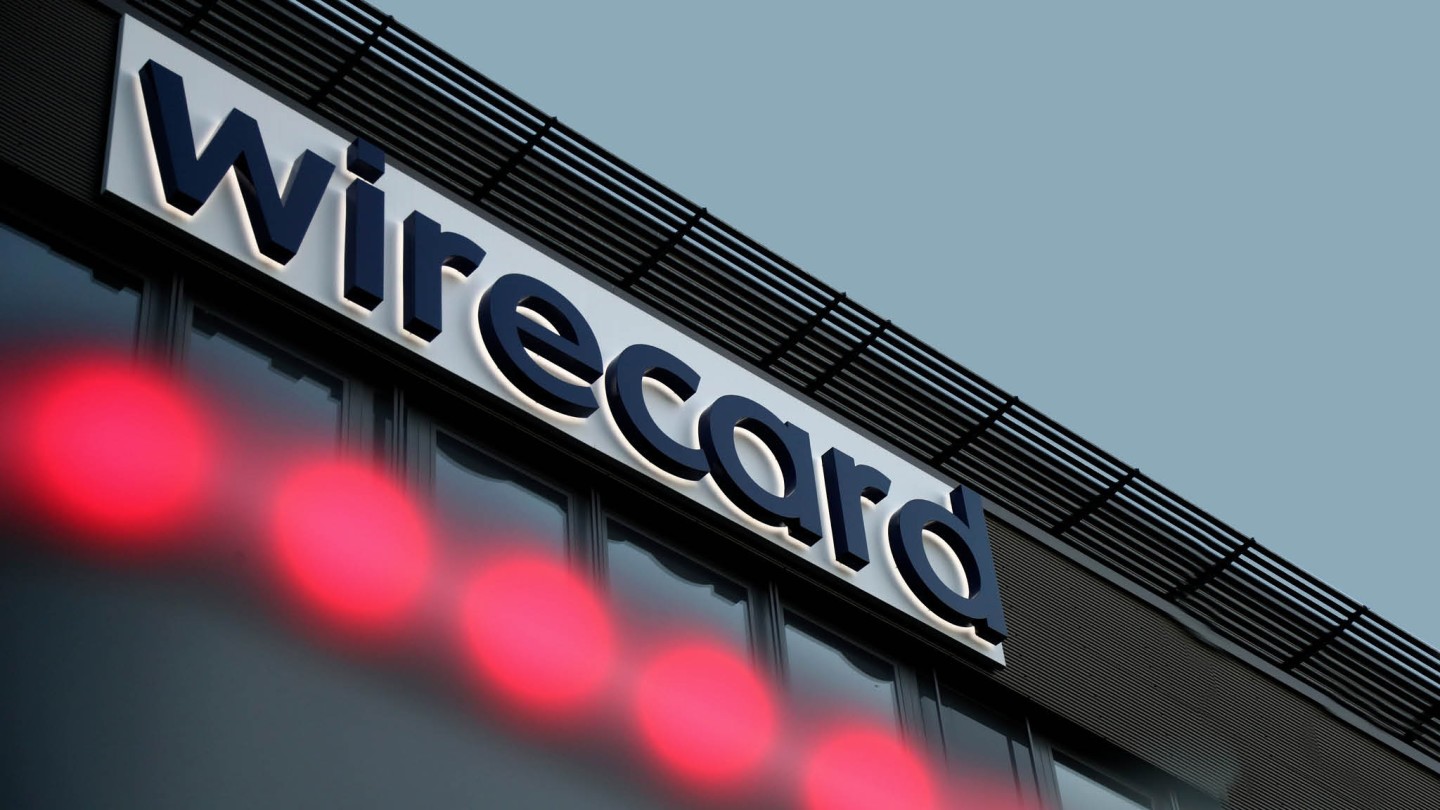Wirecard business partner reported dead in Philippines

Roula Khalaf, Editor of the FT, selects her favourite stories in this weekly newsletter.
A German businessman responsible for one of Wirecard’s biggest sources of stated profits has been reported dead a month after Philippine authorities announced he was under investigation over the payments company’s collapse.
The death of Christopher Bauer, 44, was reported to a civil registry in Manila last week. In June, Philippine authorities said they were investigating him and his wife, Belinda Bauer, in a probe involving Wirecard’s partner businesses.
The Bauers were the owners of PayEasy Solutions, a Manila-based payments processor that was a key business partner for Wirecard, accounting for €291.4m of the German payment group’s reported revenue of €2bn in 2018 and more than a fifth of its operating profit.
Wirecard collapsed in June after saying €1.9bn purportedly held in escrow accounts in the Philippines did not exist. It also disclosed that its outsourced operations in Asia, which included PayEasy, had been misrepresented to investors and that it was examining “whether, in which manner and to what extent such business has actually been conducted for the benefit of the company”.
Menardo Guevarra, the Philippine secretary of justice, told the Financial Times he had “to determine first if the deceased person is the same person subject of the ongoing investigation”. He would decide whether further investigation into Mr Bauer’s reported death was necessary after obtaining a copy of the death certificate.
The Bauers — identified in an Financial Times investigation last year — owned PayEasy as of 2017, according to public filings, and have represented Centurion Online Payment International, a second partner business, in interactions with Wirecard.
Mr Bauer in 2015 “reportedly received an inward remittance from Wirecard Asia for consultancy services rendered”, said Mr Guevarra without disclosing an amount.
A document seen by the Financial Times shows that Wirecard by the end of last year had also granted €260m in loans to PayEasy.
Mr Bauer, who told auditors from KPMG that he was a Wirecard employee before joining PayEasy some 12 years ago, also owned Froehlich Tours, a bus and coach rental business that shares an office with PayEasy in Manila.
At a meeting in Manila in March, Mr Bauer and Wirecard’s fugitive former chief operating officer Jan Marsalek briefed KPMG and EY on PayEasy’s business, telling the auditors that the company specialised in processing payments for “high-risk clients” in online gaming, gambling and porn, according to a special audit by KPMG.
The Philippine authorities are now investigating how immigration records were fabricated to show Mr Marsalek arriving in the country in June and leaving the next day for China. CCTV footage showed no such arrival.
On July 27, Mrs Bauer posted an image of a black ribbon on Facebook, while her daughter posted a photo of an urn bearing her father’s name two days later. Mr Bauer’s family on August 1 published a death notice in a regional newspaper in Hesse, Germany, where his parents are living. Mr Bauer’s parents declined to comment. Mr Bauer’s lawyer did not immediately respond to a request for comment.
Munich prosecutors, who are leading the criminal probe into Wirecard in Germany, said they had not received any official notice about Mr Bauer’s death. They declined to comment if an arrest warrant against him had been issued.
Mr Bauer’s cause of death remains unclear. The civil registry declined to comment, citing the data privacy act. A guard at the Bauers’ gated community said he had died of a heart attack.
A group of men playing cards outside the Bauers’ house in Manila said the widow could not comment and suggested speaking to her lawyer, whose contact details they declined to disclose.
The men were standing by the property’s gate, which was marked by the logo of a local motorcycle club called Iron Cross Sons, whose website features scantily dressed women with Nazi-themed attire.

Comments